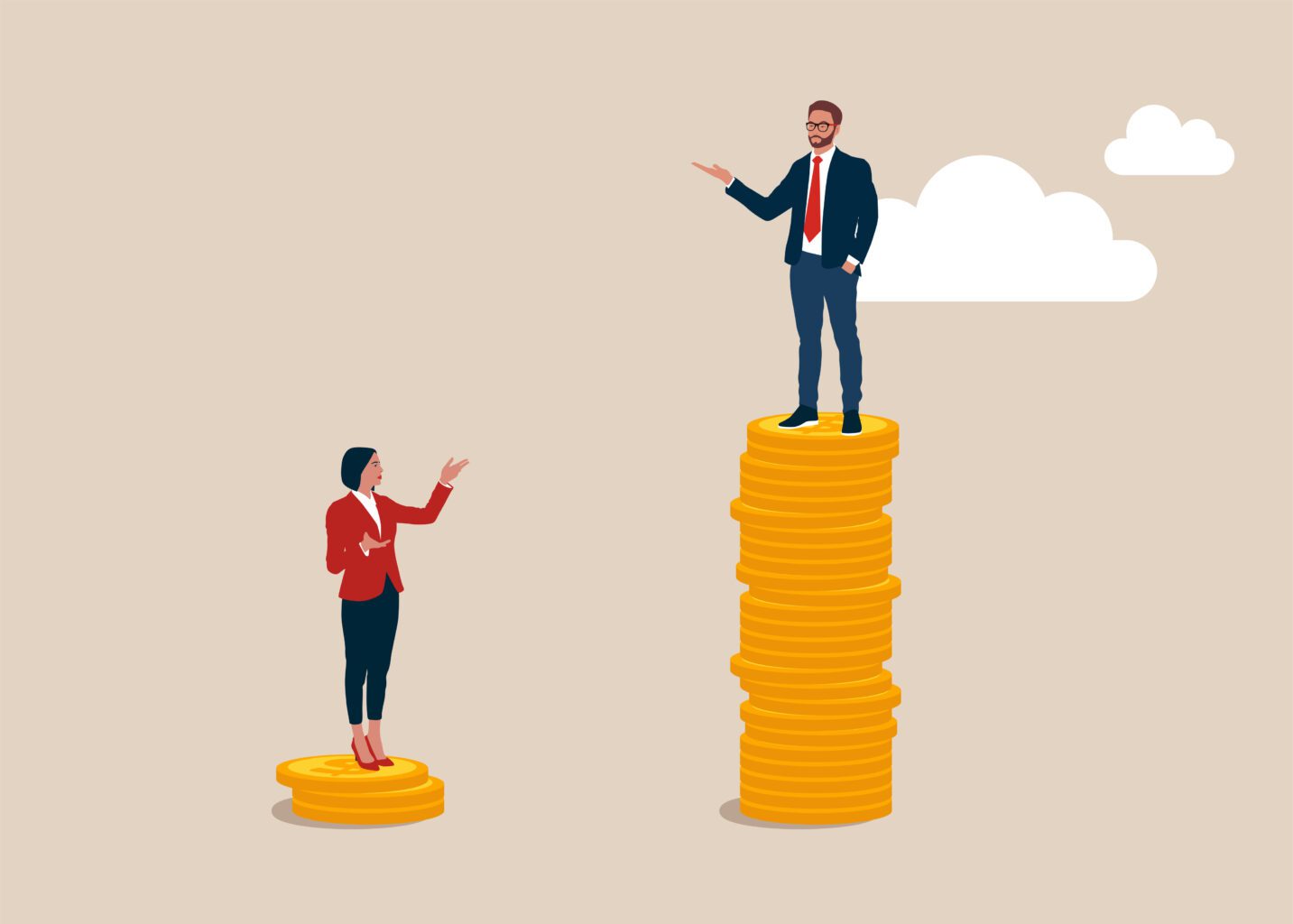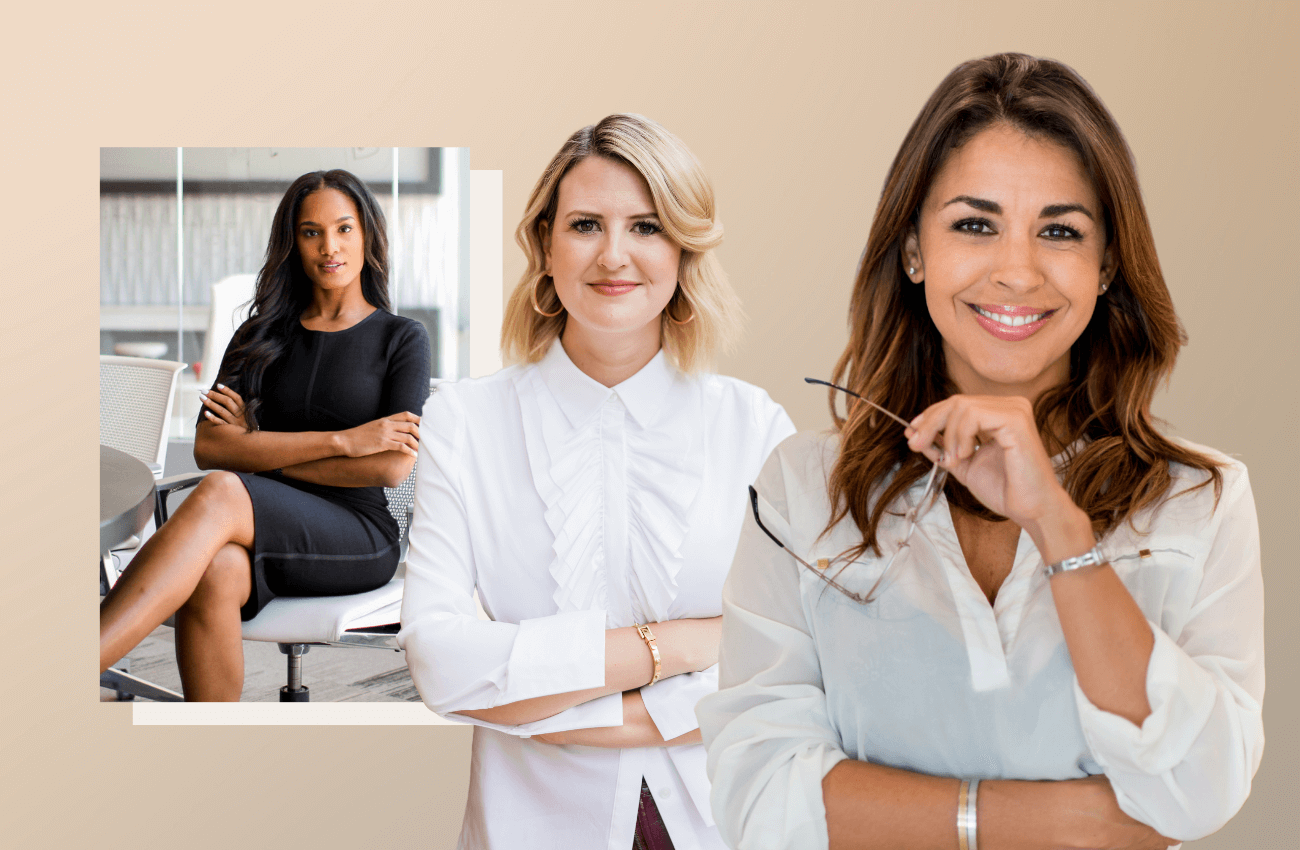Female business owners and female-owned businesses are more likely to turn a profit in their first month than their male counterparts, according to new research.
The research, commissioned in conjunction with Sapio Research, polled 500 UK entrepreneurs, half of which were women and half of which were men, in order to understand the differing experience of entrepreneurship when it comes to funding, profitability, support and other areas of business.
The Funding to Profitability Gender Gap
The survey found that female entrepreneurs make money faster than male contemporaries: 26% of female entrepreneurs said they turned a profit after the first month of trading, while 21% of male entrepreneurs did the same. Although women typically start their businesses with less funding: £19,500, compared to men who typically start their businesses with £35,000, this is still the case.
Women are also more likely to bootstrap their businesses on their own: 69% do so from personal savings, compared to 65% of men. More men than women used friends and family to fund their projects (37% vs 34% women), bank loans (30% vs 15% women), or remortgaging (12%) vs 6% women.
In spite of this, two out of five female entrepreneurs (39%) felt they needed more financial support to succeed in business, while 24% of male entrepreneurs felt the same way. More than one third of women (34%), who started their businesses with less than £1,000, compared to just 16% of men.

Mentorship and the job titles that female entrepreneurs feel comfortable with
A majority of female entrepreneurs felt that mentoring was lacking: 35% felt they needed more guidance, compared to 25% of men; 35 % lacked access to resources to inform their business decisions; and 32 % wanted more childcare assistance, compared to 22 % for men.
The study also noted the language of entrepreneurship. 59% of women entrepreneurs prefer to call themselves the ‘owner’ of their company, and 41% never call themselves the ‘boss’ of their company. In spite of having the same level of confidence as men in starting a business, more than a third (34%) of women describe their business as ‘a way to make some extra income’ compared to 22% of men.
Speaking about the study, Alison Cork MBE, founder of National Women’s Enterprise Week (NWEW) and the not-for-profit Make It Your Business, said: “Our research shows women make a fantastic contribution to enterprise in the UK. But it also highlights the need for female entrepreneurs to have access to mentorship and a supportive business community, which is part of what we’re trying to achieve with National Women’s Enterprise Week.
“National Women’s Enterprise Week is focused on early stage start-ups with female founders because, while more female-led British businesses were founded in 2022 than ever, only a third of the total companies founded across the year were women-led.”
She added: “On top of this, only 1.1% of VC funding in Europe in 2022 was given to companies with female founders. This too was reflected in our research: For those that started their business with a loan, men scored on average £38,500 whereas women raised £27,000.
“While progress is being made in some areas, more women need to be empowered and, when 49% of female entrepreneurs believe the government doesn’t provide enough resources to support people looking to start their own business, more women need to be better supported.”

It comes after data revealed a significant gender equity funding gap among the UK’s fastest growing companies. The research published in the Growth Index 2023, the annual ranking of the UK’s 100 fastest growing brands, male-led businesses received millions more in funding than female-led businesses.
Compared to businesses with men at the helm, which received $159.2m in funding on average, $4,298m in total, is nearly two thirds less.




